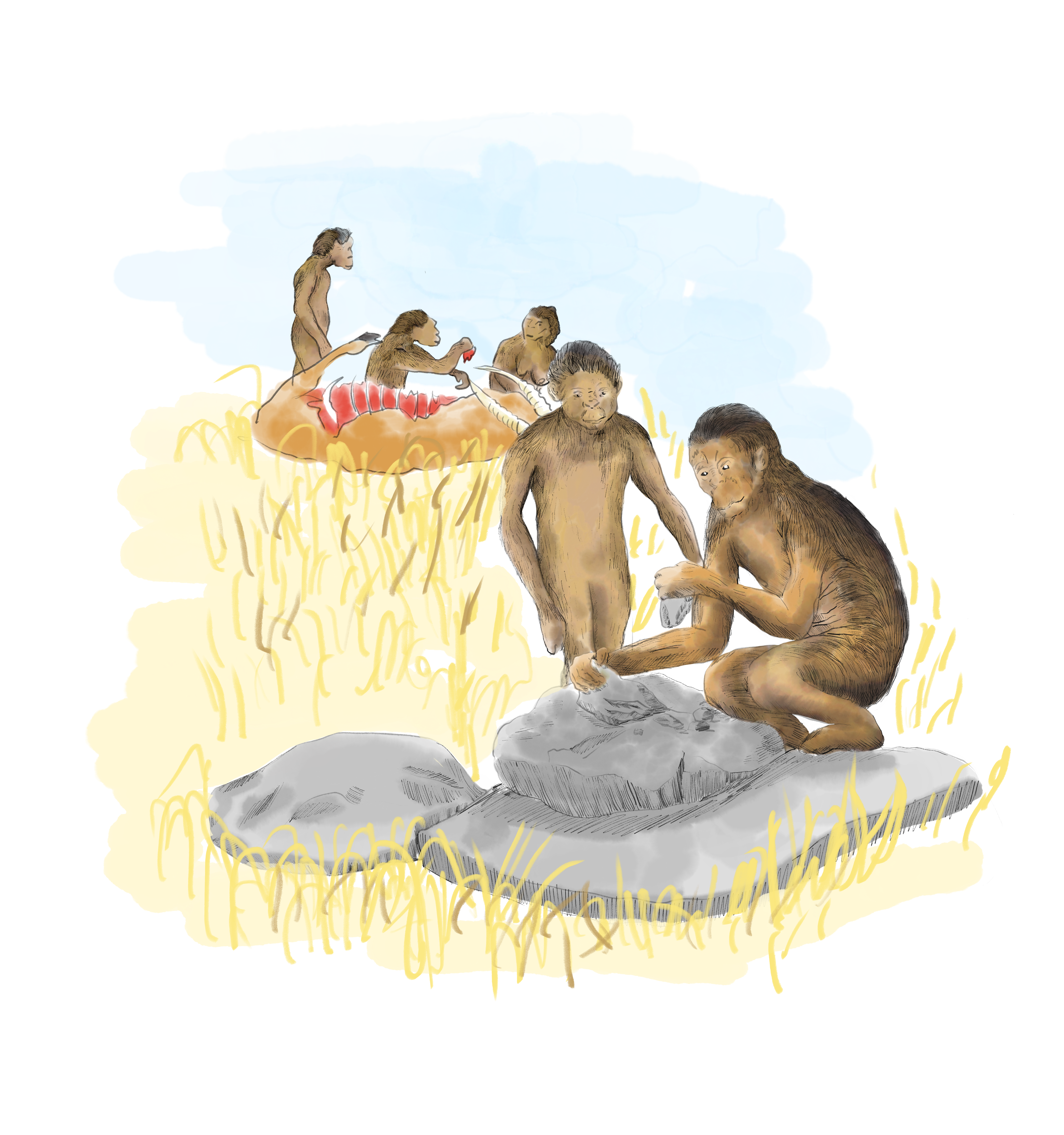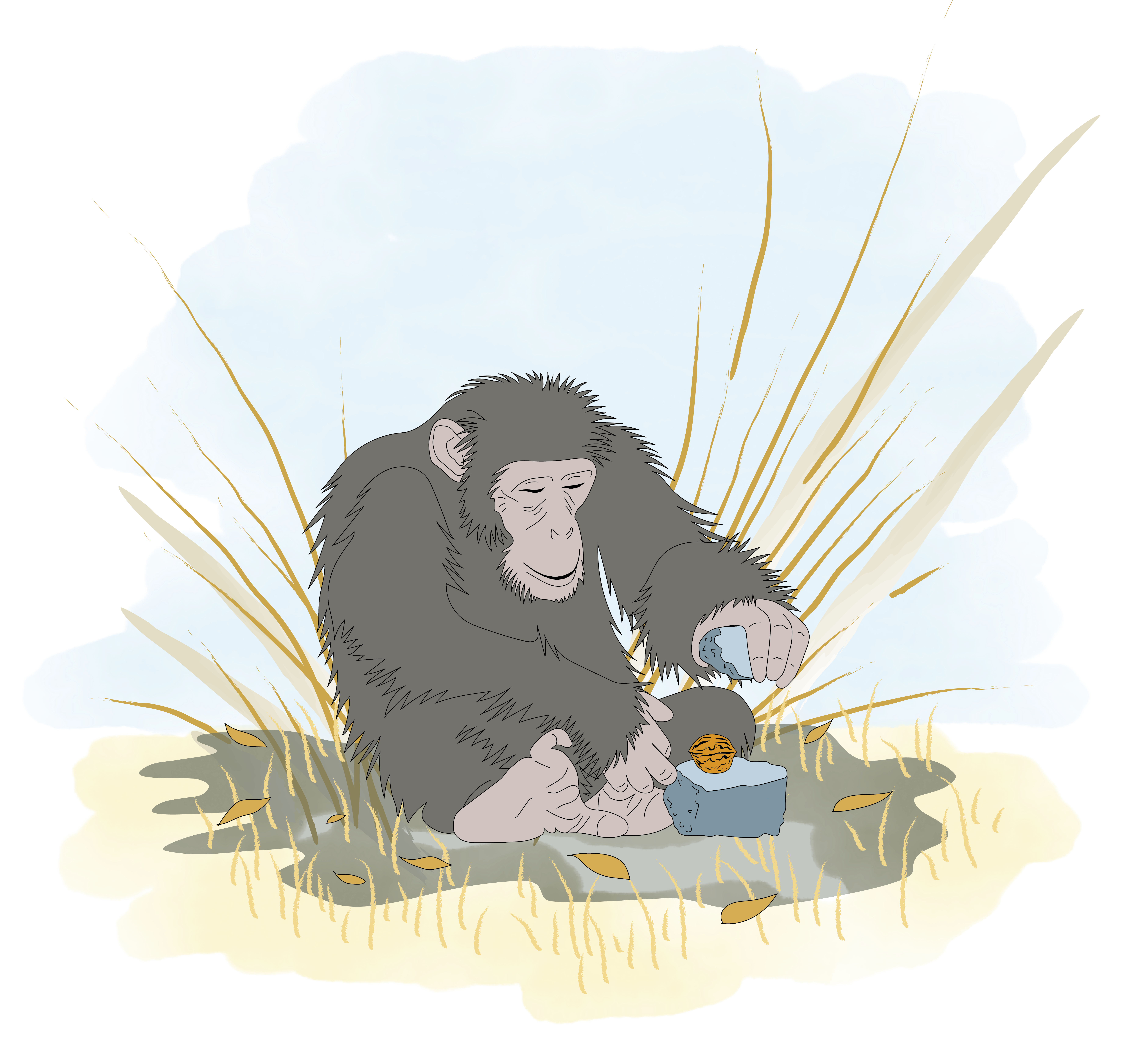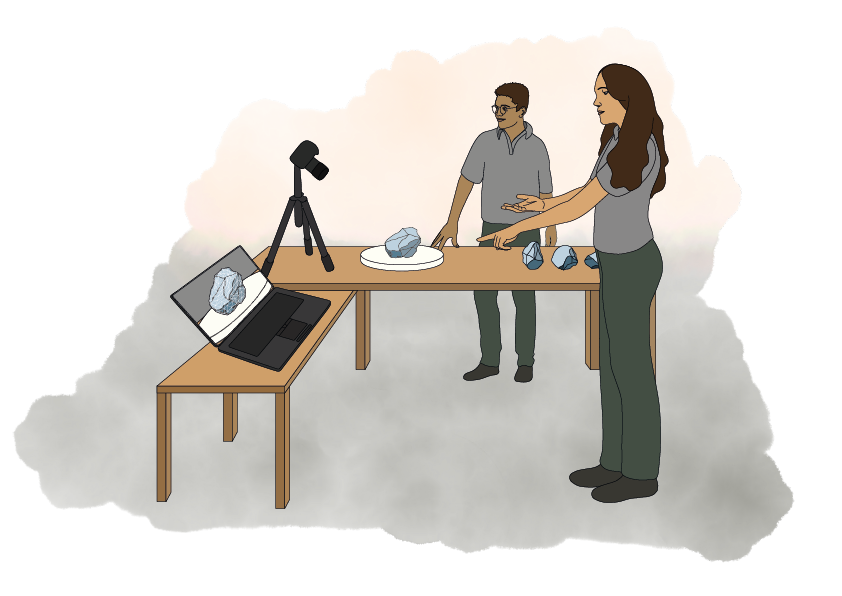oSci
The Origins of Science Project
oSci drives educational innovation research for teaching and learning about the origins of science
What is science and where did it come from?
In science education, students may learn about the deep evolutionary origins of biological species, but they are unlikely to be offered opportunities to learn about the deeper origins of science itself, beyond anecdotes about a few influential historical figures (most often elite men from European or US societies). The Origins of Science Project (oSci) aims to challenge this status quo by exploring the educational potential of teaching about the biological, cognitive, and cultural roots of the defining elements of science, as context for reflecting on the Nature of Science (NoS) in the world today. Using the OpenEvo Educational Innovation Research Model, oSci is working to advance a framework for applied inquiry relevant to designing new pedagogical approaches and tools that engage students’ preconceptions to drive reflection towards more scientifically adequate understandings of the origins and nature of science.



Why should students learn about the origins of science?
The oSci project recognizes at least three core aims that educators and learners may pursue in exploring the origins of science:
Understanding Human Origins & Primate Diversity
The origins of science provides a novel context in which students learn about core processes in the biological, cognitive, and cultural evolution of both human and non-human primates.
Understanding the Nature of Science (NoS)
The origins of science provides a unique point of engagement on big questions regarding the human cognitive, behavioral, and cultural dimensions of science.
Fostering
Metacognitive Competencies
The origins of science provides a wide range of opportunities for students to reflect on and cultivate a more explicit and metacognitive capacity to introspect and drive their own epistemological processes in educational, scientific, and socio-scientifc contexts.
What concepts should students learn about in the origins of science?

To understand the origins of science, we must clarify what exactly we mean by the concept of “science”. To do this, the oSci project advances an evolving list of elements of “scientificality” – those cognitive, behavioral, and cultural dynamics deemed by experts to have relevance in constituting science as we understand it today.
The concepts in this word cloud represent just some core elements of scientificality that are particularly relevant for understanding the deep-time origins and cross-species capacities of other species to engage in something like science. The oSci project resources in the OpenEvo TeachingBase and MethodsBase are organized to help probe and drive reflection on student conceptions of these core concepts across diverse contexts.
Educational innovation research
What are the educational challenges and opportunities in teaching and learning about the origins of science as a topic spanning human origins and the nature of science?
- What pre-conceptions do students at varying levels of experience have regarding the deep-time evolutionary origins of modern day science?
- How do student conceptions of the origins of science relate to their conceptions on the nature of science?
- What pre-conceptions do students at varying levels of experience have regarding abstract conceptual reasoning in humans compared to non-human animals?
- How do students navigate anthropomorphic reasoning when reasoning about scientificality in great apes?
- What patterns of reasoning can help characterize students that:
- Reserve science only for (some?) humans
- Display complex patterns of reasoning about scientificality across species and human capacities
- Anthropomorphize non-human animal cognitive and cultural capacities in ways that are scientifically inadequate
- What patterns of reasoning can help characterize students that:
- What kinds of understandings of “novice” and “expert” are relevant (for which students) for understanding the origins of science?
- What core concepts in the nature of science are relevant for understanding the origins of science?
- What core concepts and case examples in primate evolution and human origins are relevant for understanding the origins of science?
- What analogical mappings are most relevant, for which student contexts, between processes of “science” and processes of learning in other primates and diverse human populations across time?
- Human origins
- Human development
- What competencies are appropriate targets for education related to the origins of science?
- What metaphors, models, prompts, reflections, and other pedagogical strategies are effective for supporting students in metacognitive reflection on their own conceptual understanding of the origins and nature of science?
oSci Resources on OpenEvo
We are working with experts across the disciplines of evolutionary anthropology and educational psychology to organize resources around the aims of the oSci project. We will add resources here as they become available.
TeachingBase
- Introduction to the Origins of Science (PPT/Video)
- Origins of Science in the OpenEvo Human Origins collection
- Explanation seeking in Great Apes
MethodsBase
- oSci – Student Conceptions Survey
LiteratureBase
- The oSci LiteratureBase collection on Zotero

